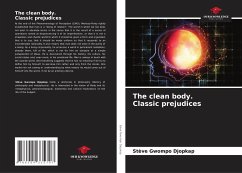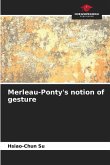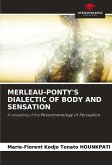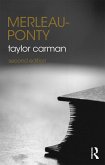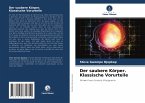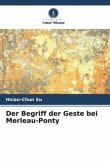At the end of the Phenomenology of Perception (1945), Merleau-Ponty rightly established that man is a "being of relation". The world in which we live does not exist in absolute terms in the sense that it is the result of a series of operations aimed at dispossessing it of its imperfections, or that it is not a shapeless and chaotic world to which it should be given a form and organized, that is to say, that it should be made uniform so that it responds to an incontestable rationality. It also means that man does not exist in the purity of a being. As a living corporeality, he accesses a world in permanent realization, already there, full of life, which is not for him an obstacle or a simple juxtaposition of ideas. He is discovered through his history, his culture, his social status and, even more, in his emotional life. Man is always in touch with the outside world. And everything suggests that he has no meaning if we try to define him by himself, to perceive him rather and only from the inside. One would risk not seeing or understanding by what means he would come out of himself into the world, if not by an arbitrary decree.
Bitte wählen Sie Ihr Anliegen aus.
Rechnungen
Retourenschein anfordern
Bestellstatus
Storno

